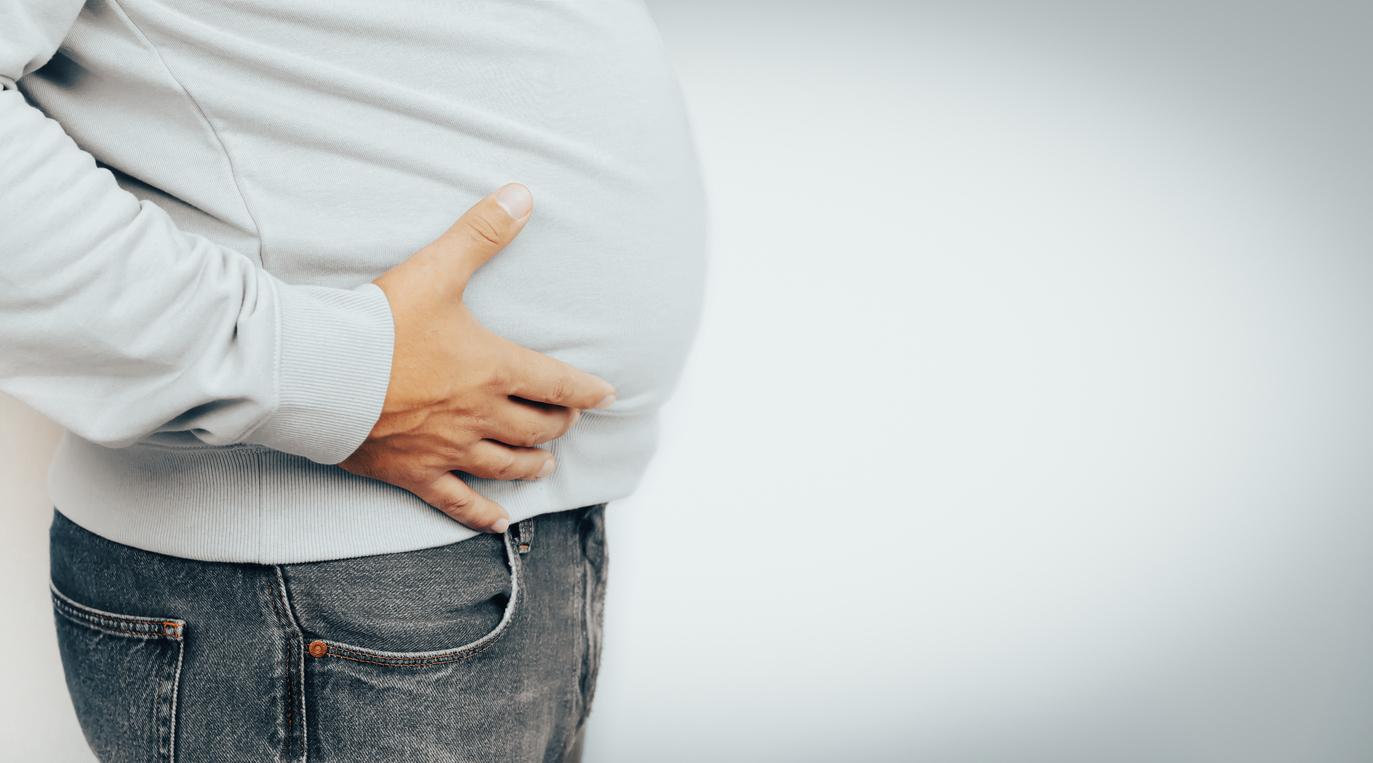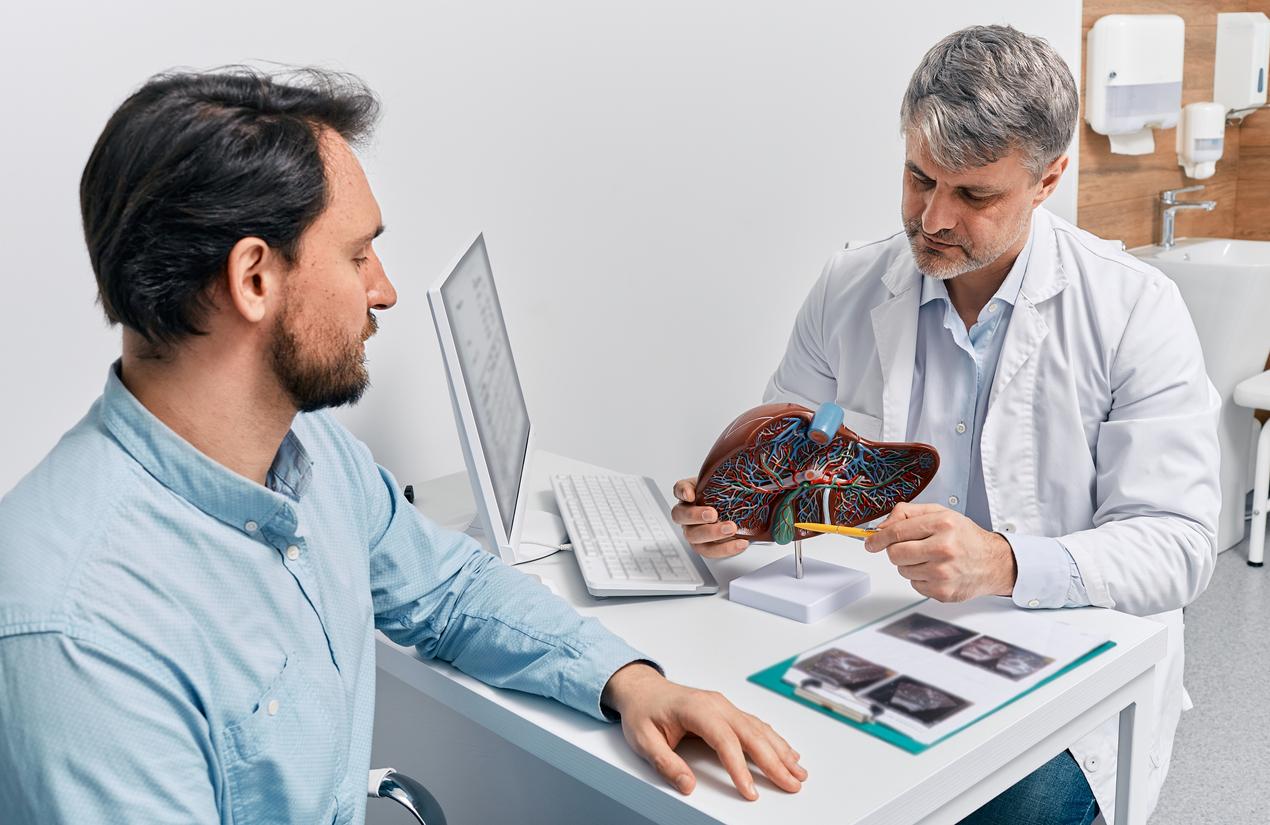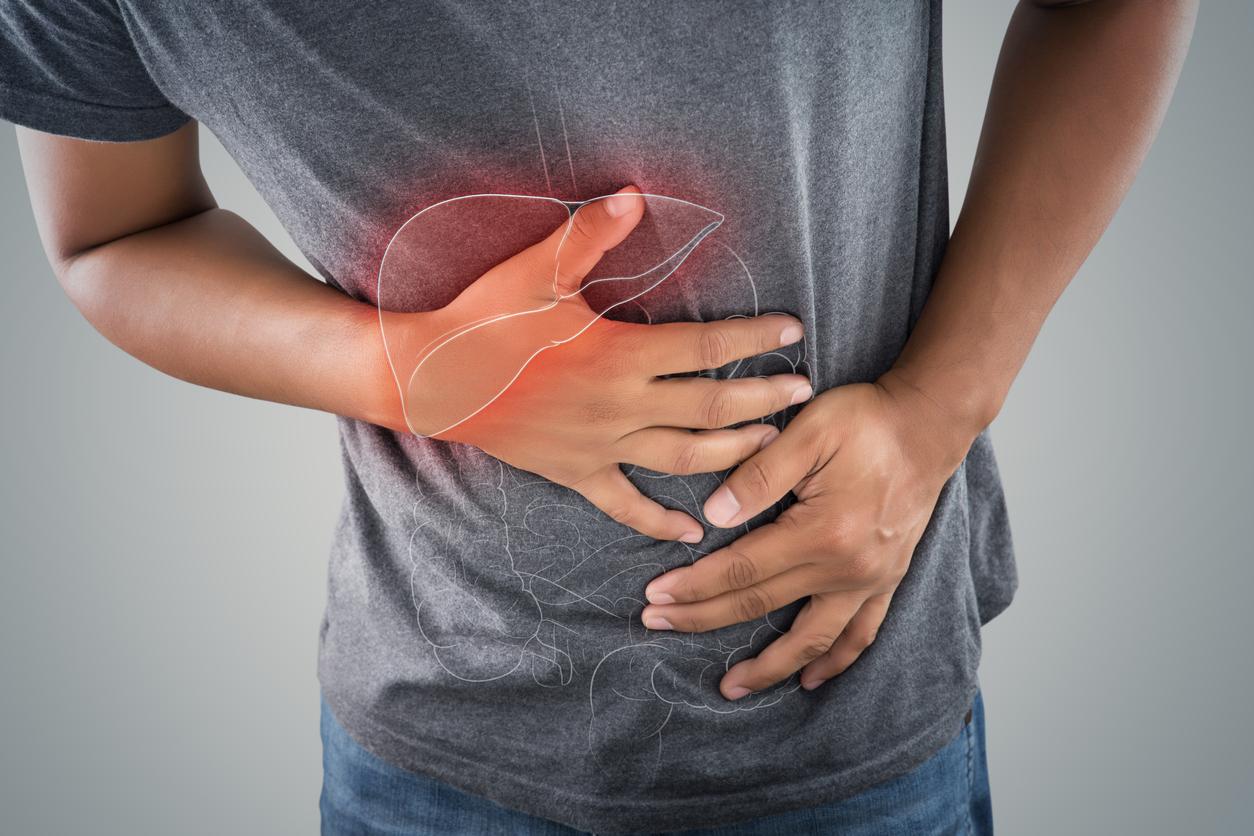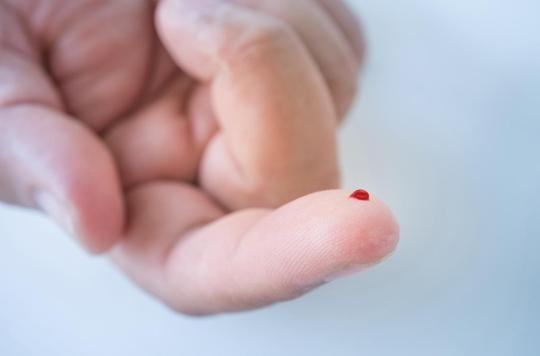A new study shows that poor dental hygiene significantly increases the risk of hepatocellular carcinoma, the most common form of liver cancer.

If you don’t pay attention to your dental hygiene, you increase your risk of liver cancer by 75%: this is what has been shown a study carried out by researchers at Queen’s University Belfast. Based on analysis of data from over 469,000 Britons, this study was conducted to investigate the possible association between oral health and the risk of gastrointestinal cancers, including cancers of the liver, colon, rectum and pancreas.
“Poor oral health has been linked to the development of chronic diseases such as heart disease, strokes and diabetes, explains Dr Haydée WT Jordao of the Center of Public Health at Queen’s University Belfast. However, it There was no concrete evidence of a link between poor dental hygiene and specific cases of gastrointestinal cancers, which was the aim of our study.
No link was found for the majority of the cancers studied. Except for liver cancer. And the link is significant.
Of the more than 469,000 participants, about 4,000 developed gastrointestinal cancer during the six years of research. 13% of them had reported poor oral hygiene. These patients were mostly young women, from modest socio-economic backgrounds and consuming less than two servings of fruit or vegetables per day.
Several possible explanations
The biological mechanisms at work in the association between poor oral health and liver cancer are still uncertain. A possible explanation would be the supposed role of the oral and intestinal microbiome at work in the development of the disease.
“The liver helps eliminate bacteria in the body, explains Dr. Jordao. When the liver is affected by diseases such as hepatitis, cirrhosis or cancer, these functions decline and the bacteria survive longer and can cause more damage. One of his bacteria, Fusobacterium nucleatum, develops in the oral cavity but its role in liver cancer is still uncertain. Further studies are needed to link the microbiome and liver cancer.”
Another theory suggests that participants with a significant number of missing teeth are inclined to change their diet, turning to softer and potentially less nutritious products, which may ultimately influence the risk of liver cancer.
Liver cancer is the sixth leading cause of death in the European Union, responsible for the death of almost 60,000 people a year. The scientific community considers that in one out of two cases, it is preventable because its risk factors are linked to daily life such as overweight, smoking and alcohol consumption.

.














